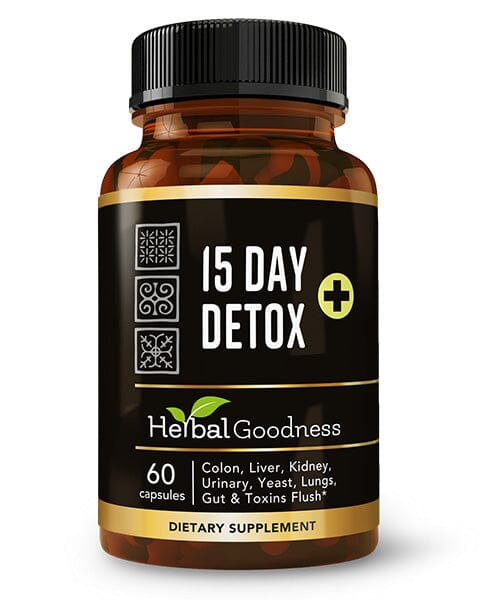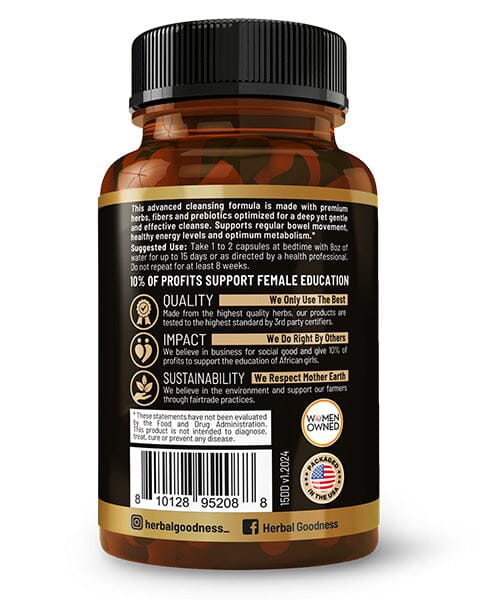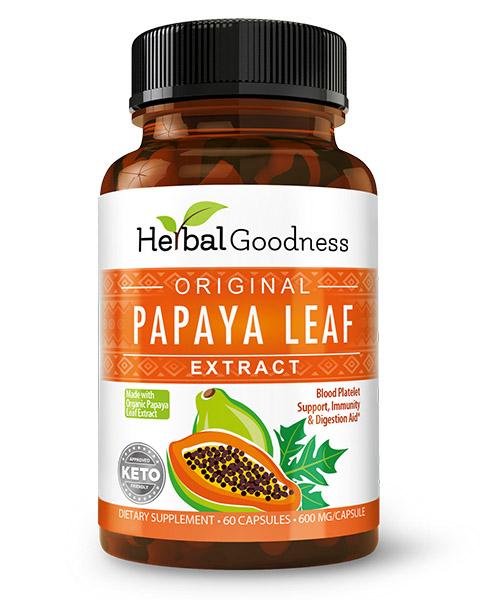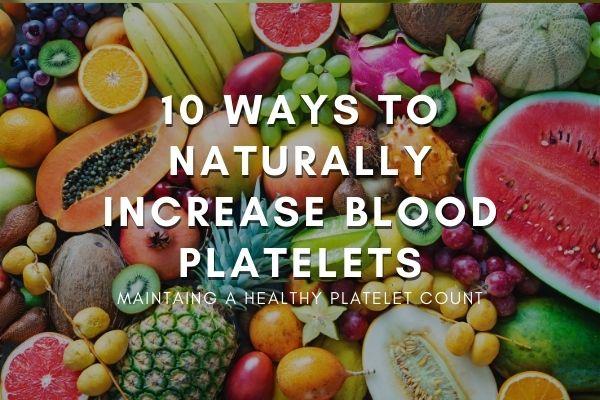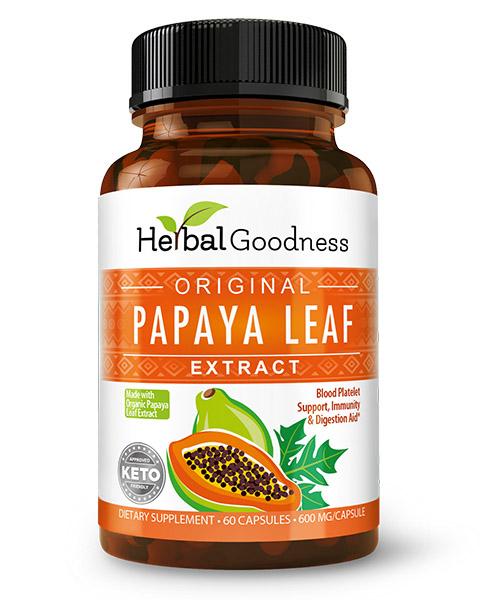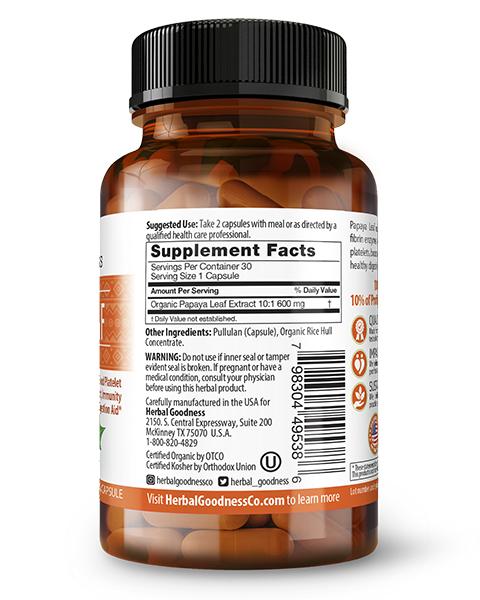How to Boost Your Immune System through your Diet | Herbal Goodness
Want to boost your immune system?
Eat more [insert superfood]!
This is a statement we have all heard countless times, whether it’s from the endless lists of articles online, the health segment of your favorite news channel, or that friend who swears by a daily concoction of lemon, garlic and honey to kickstart her mornings.
It has gotten to a point that you can’t really be sure which foods are effective in bolstering our immune function and those that are mere hype. Reason is because we are being served new lists every day which are, truthfully, proving hard to keep up with.
But today we aim to put this matter to rest, and what better way to do that than going back to the basics, right?
The thing about a truly healthy immune system is it requires a balanced mix of the right nutrients (mostly vitamins and minerals) over time. Eating a fruit a day is not going to give you a sudden burst of the necessary vitamins you need to fend off disease-causing pathogens.
As with all good things, it takes persistent effort.
Here is a list of nutrients you need to incorporate into your diet to boost your immune system.
Vitamin C
Mention immune system and the vitamin that is most likely to spring to mind for most people is vitamin C.
Regular inclusion of vitamin C in your diet increases the synthesis of lymphocytes, a type of white blood cell that identifies and rids your body of invasive pathogens that pose a significant risk to your health.
Vitamin C also improves antimicrobial activities in the body, inhibiting the growth of disease-causing micro-organisms.
Best sources of vitamin C: Citrus fruits, leafy greens (for example, broccoli kale and spinach), papaya, strawberries, orange juice, cantaloupe, kiwi, red bell peppers and brussels sprouts.
Vitamin E
Vitamin E is another vitamin linked with a healthy immune system. This fat-soluble nutrient sees to it that the cells of your immune system are operating at their optimal best.
Vitamin E is a natural antioxidant which ensures free radicals do not damage the lipid membranes through oxidation.
Consuming foods rich in vitamin E can bring down your chances of contracting upper respiratory diseases such as colds.
Best sources of vitamin E: spinach, broccoli, vegetable oils, almonds, sunflower seeds, peanuts and hazelnuts.
Vitamin D
Eating foods rich in vitamin D can help keep infections at bay.
Vitamin D plays a central role in supporting both innate and adaptive immunity.
Innate immunity is a protective barrier by the body to keep harmful substances from entering our bodies – the skin, mucus, enzymes in tears and skin oils are all forms of innate immunity.
Adaptive immunity, on the other hand, involves the buildup of immunity through exposure to antigens, bacteria or viruses. For example, your body builds up immunity following an infection which makes you immune to that disease.
Best sources of vitamin D: milk, yoghurt, fatty fish (tuna, salmon, mackerel and sardines), fortified orange juice and cereals.
Carotenoids
If you are looking to boost your immune system through diet, make it a habit of including carotenoids in your daily intake.
Carotenoids are the pigment that gives color to carrots, tomatoes, bananas etc. Not only do they encourage the multiplication of lymphocytes in the blood, but also promote the activity of lymphocytes.
Carotenoids also boost the production of cytokines – proteins responsible for regulating immunity as well as inflammation.
What’s more, these organic pigments stimulate the activity of neutrophils and macrophages, immune cells that destroy bacteria.
Best sources of carotenoids: carrots, oranges, cantaloupe, broccoli, spinach, yellow bell peppers and grapefruit.
Folate/Folic acid
Folate and folic acid are essentially one and the same thing, the only difference being the former is the natural form while the latter is the synthetic form.
This is a form of B vitamin responsible for making and repairing DNA, which by extension, means a deficiency of the same could hamper immunity.
Best sources of folate: beans, peas and leafy green vegetables.
Best sources of folic acid: fortified foods such as enriches breads, rice, pastas and other 100% whole-grain products.
Iron
Iron plays an important role in immunity in that it stimulates the growth and maturation of immune cells, particularly lymphocytes.
Best sources of iron: lean poultry like chicken and turkey, seafood, as well as kale, beans and broccoli.
Zinc
According to research, zinc helps control infections by gently regulating the immune response by preventing out of whack inflammation which can be dangerous and even fatal.
Best sources of zinc: baked beans (with no added sugar), lean meats and poultry, crab, oysters, chickpeas and yoghurt.
Selenium
Selenium is another important mineral you should include in your diet to boost your immune system.
It has a powerful positive effect on our immune function, including reducing oxidative stress by curbing the growth and multiplication of free radicals.
Best sources of selenium: garlic, tuna, sardines, barley, Brazil nuts etc.




